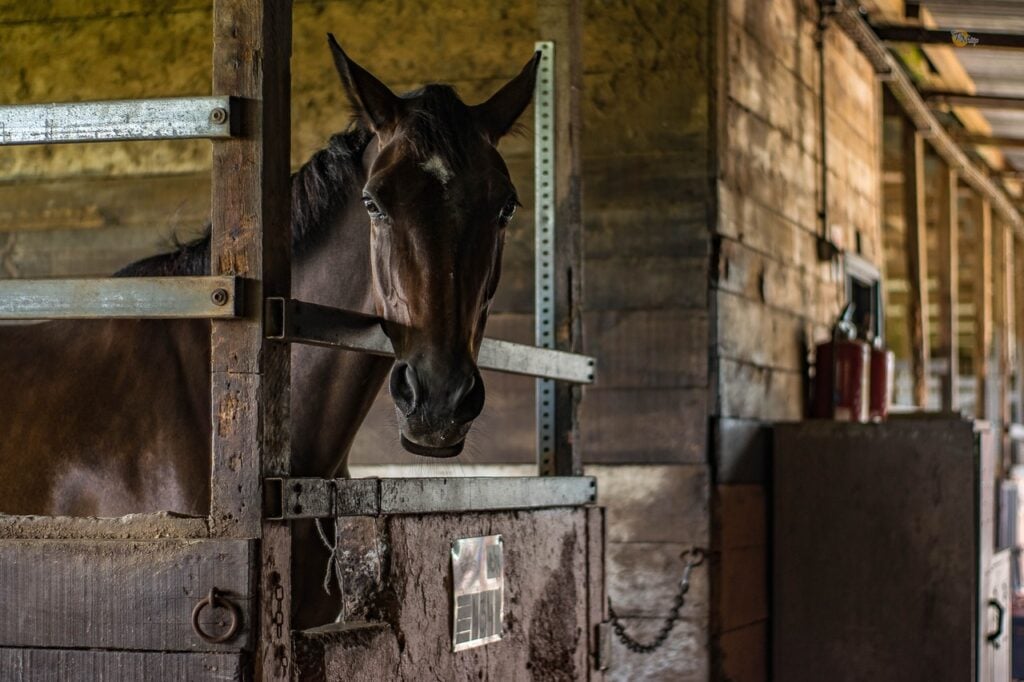18 Years of Proven Performance

18 Years of Proven Performance

When creating a barn or horse facility, one of the most critical decisions is choosing the type of fencing. Not only do you need to fence the property’s perimeter, but you also need to fence off individual pastures or turnouts.
Assessing your needs and learning about fencing options will help you make the best decision for your horses. Before investing in fencing, there are four critical things you should consider.
Generally speaking, horse fences are pricey. However, different types of fencing, such as electric and woven wire or wire netting, are less expensive than others. Furthermore, urchin wire is less costly than woven wire or wire netting, but it’s strong and durable.
So urchin wire is typically not recommended for fence posts, but it can be an excellent choice for a horse fence. It’s best to look for a reliable fence company to help you decide which option is most suitable for you and your property’s budget.
The type of fence and materials used can vary, depending on the horse you’re planning to contain. For example, a horse that enjoys running and jumping may need a taller fence to prevent escape, but a horse that’s not an escape artist may do fine with a shorter fence.
Anything goes when it comes to taming an animal. You must purchase an excellent fence. This can help prevent costly fence repairs and damage. It’s also essential to ensure that the fence is strong enough to contain the horse and sturdy enough to withstand a good kick or punch.
You must decide whether your horses will run or be grazing in the pasture. If you have horses that run and jump, you may need a taller fence that’s strong enough to hold them safely. You will also have to consider what you need to use as the fence posts.
Some fences, such as barbed wire, require taller posts to keep the horse from reaching over the top to grab the top wire. However, if you have horses graze in their area, you may need a lower fence. If the horse is a jumper and likes to hit the fence with front hooves, you may need a lower fence or one with truss wire.
Horses that are more energetic and lively require stronger and heavier materials. Steel and sturdy wood are better options than flimsy fences when protecting your property.
You also need to know how far apart you will space the posts. When deciding how far apart you will space the posts, you need to consider the horses’ size and how they may stretch out the wiring or mesh. It will also help to consider how much weight the fence will have.
Choosing the correct fence is a bit of a chore. Still, it’s one of the most critical aspects of building a barn or equestrian facility.
A fence doesn’t only keep horses in, but it also keeps predators out, including coyotes, foxes, and stray dogs. Fencing is necessary so horses can graze and run in private areas without interference.
Check out BLACKlineHHP now if you’re looking for a crossbuck rail ranch horse fence. Our vinyl crossbuck fence products come with a lifetime warranty, fence assembly instructions, and fast shipping. We offer rail, crossbuck, privacy, and ornamental fencing that has stayed strong and beautiful for decades! Get in touch with us now to learn more.
Got a question? Give us a call